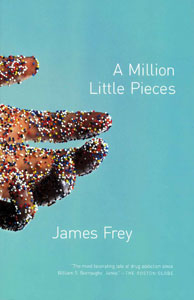
Spoilers* This is a sequel, and there are obvious pieces of the first book that are given away.
"Fenella was the first Scarborough girl to be cursed, hundreds of years ago, and she has been trapped in the faerie realm ever since, forced to watch generations of daughters try to break this same faerie curse that has enslaved them all. But now Fenella’s descendant, Lucy, has accomplished the impossible and broken the curse, so why is Fenella still trapped in Faerie?"
I picked up this book because several years ago I was gifted the first book Impossible, read it and fell in love with Nancy Werlin's writing. (Also, I'm a sucker for YA fiction.)
In the first book, Impossible, Lucy finds she is cursed, and must make her way through three riddles in order to free herself and future generations from and ancient faerie curse. The book was amazing. (Or so I remember, it has been a good 5 years since I read it.)
Unthinkable is both a sequel and a prequel as it tells the story of Fenella, the original Scarborough girl, in both past and present times. She was the first to be cursed, but is still alive, and must enter the human realm to break the second curse the Faerie Lord cast on her. She finds she must complete 3 tasks of destruction, aimed at her own family. *Bonus* there is a love interest....
In short, the story of Fenella is great. She is a relatable character, and the plot is entertaining as well as engaging. I mean, I finished this book in a day, and I don't remember the last time I did that.
I would definitely recommend reading the first book before taking up this one, and there are references to another story written by Werlin about the Faerie realm. (I plan on reading the other, Extraordinary.)
Overall Werlin is a master at crafting YA fantasy, and I would recommend her writing to anyone looking for that genre. She's a great way to break into the genre since most of her stories take place in a "contemporary" setting, and spend only a small amount of time actually exploring Faerie realms.
I would give this book a 7/10. I may read it again someday, and would probably own the whole series, to loan out to other readers.
Enjoy,
H.





